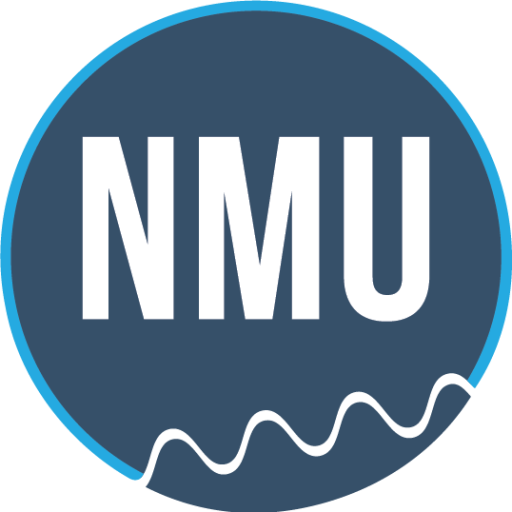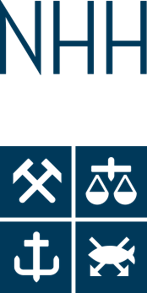Nord University is a young institution with strong regional ties and a global perspective. They are committed to delivering relevant educational programmes and research, with a focus on blue and green growth, innovation and entrepreneurship, and welfare, health and education.
NHH – Norwegian School of Economics is one of the leading business schools in Europe. NHH has an internationally recognised research environment and is the first choice for students who want to study business administration in Norway. In close cooperation with the business community and society, they are developing new knowledge and creating values for a sustainable future.
NTNU is Norway’s largest university with a unique historical legacy and a strong international focus. Their main profile is in science and technology but also offer a range of study programmes in the humanities, social sciences, economics, medicine, health sciences, educational science, architecture, entrepreneurship, art disciplines and artistic activities. NTNU’s strategic research on ocean sciences combines natural sciences, marine engineering and technology, humanities and social sciences in education, research and innovation. Their portfolio consists of both basic science as well as joint projects with industry and public authorities. The solutions these collaborative efforts create will contribute to marine and maritime growth in keeping with environmental concerns and societal needs.
University of Agder (UiA) is an open and inclusive university characterized by a culture of cooperation. It aims to be on the cutting edge of innovation, education and research. UiA prepares students for a lifetime of learning and of responsible leadership, through a faculty dedicated to teaching and co‑creation of knowledge.
University of Bergen (UiB) is a research-intensive academic institution that promotes excellent education and cutting edge interdisciplinary research and innovation. Marine research is one of its three strategic areas and is partner of the Bergen Marine Research Cluster that brings together ground-breaking marine science, industry and business. This unique co-location of marine partners makes western Norway a powerhouse of marine knowledge.
University of Oslo (UiO) is a classical university with a broad range of academic disciplines. UiO currently has 8 National Centres of Excellence and a strategic focus on interdisciplinary research in the field of energy and life sciences in particular. As a non-profit intensive research university, UiO has access to good public funding schemes. Lab and office facilities, libraries and technical support are at the high end.
University of Southern-Eastern Norway (USN) is Norway’s fourth largest university. Its main profile is profession and work-oriented, providing socially relevant education. USN’s research and education are both characterised by close interaction with regional society and working life.
University of Stavanger (UiS) is located in the Energy Capital of Norway. In constant collaboration and dialogue with its surroundings, regionally, nationally and internationally, UiS enjoys an open and creative climate for education, research, innovation, dissemination and museum activities. The University has an innovative and international profile, and is a driving force in knowledge development and in the process of societal change. UiS’ multidisciplinary focus areas are: digitalisation, internationalisation, social development and innovation.
UiT – The Arctic University of Norway is the northernmost university in the world. Energy, climate, environment, sustainable use of natural resources, technology, health and community development are topics of great public concern and of special interest to UiT. The University explores global issues from a close-up perspective.






